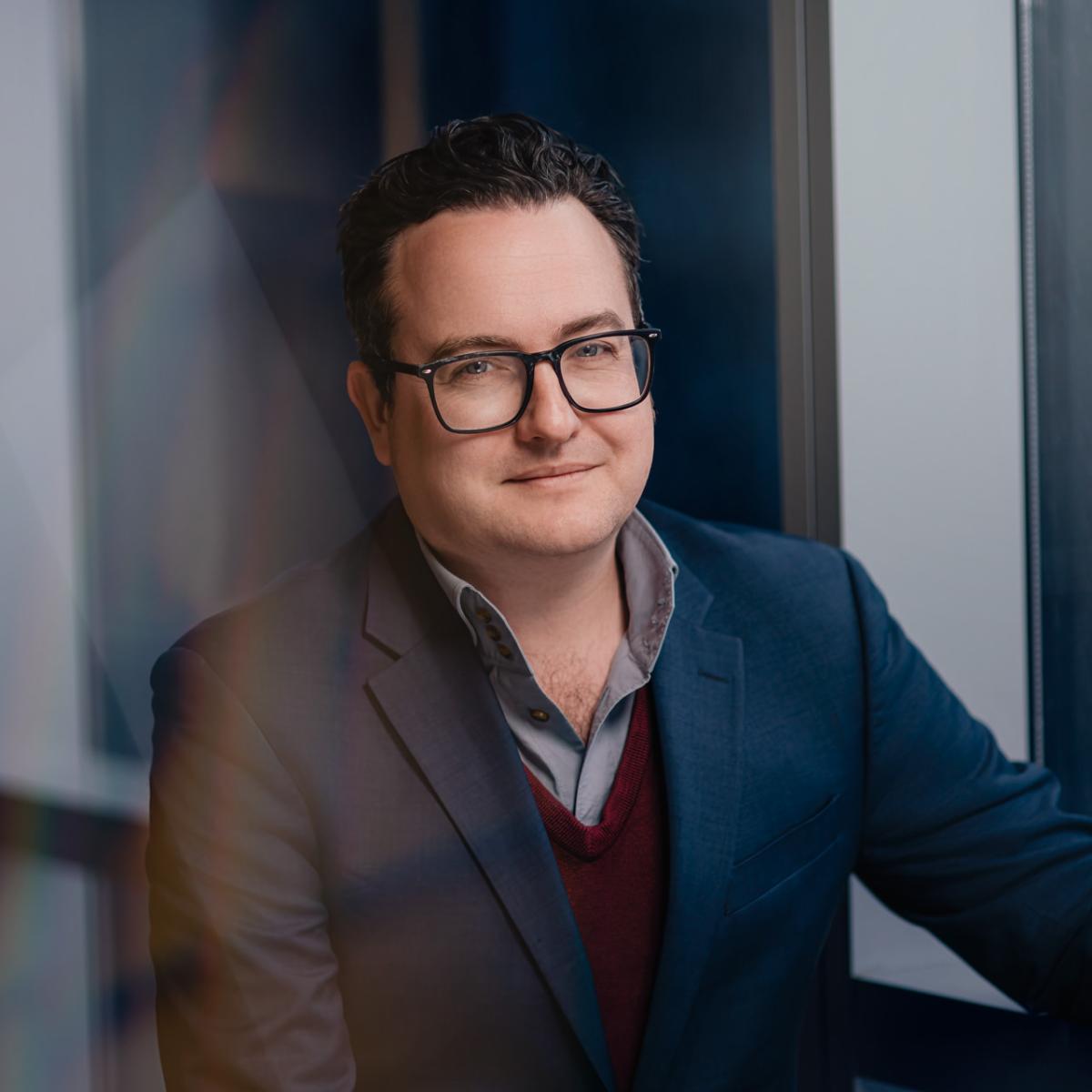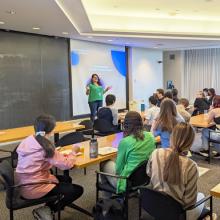
Computational cognitive neuroscience of perception and belief
The Belief, Learning, and Memory Lab is interested in how the brain makes up the mind. They study how beliefs are formed and updated in light of evolving evidence and how those processes might go awry in severe mental illnesses and the healthy population, culminating in hallucinations, delusions, and conspiracy theorizing. Phil Corlett believes in taking a radically reductionist approach to these issues. He wonders how complex and deeply personal ideas might arise from the sorts of simple learning mechanisms that we can model in laboratory animals and artificial neural networks. This approach proffers the exciting possibility of better understanding, modeling, and perhaps even improving human decision-making, its foibles, and failures.
Methods
Topics
Biography
Corlett received his Bachelor's degree in Natural Sciences (Experimental Psychology) from the University of Cambridge in 2002 and his PhD in Cognitive Neuroscience from the University of Cambridge in 2007. He came to Yale in 2010 on a one-year Parke-Davis Exchange Fellowship and never left. Corlett joined the faculty and started the Belief, Learning, and Memory Lab in 2012. He and his partner Maureen have three children: Wren, William, and Jack.



